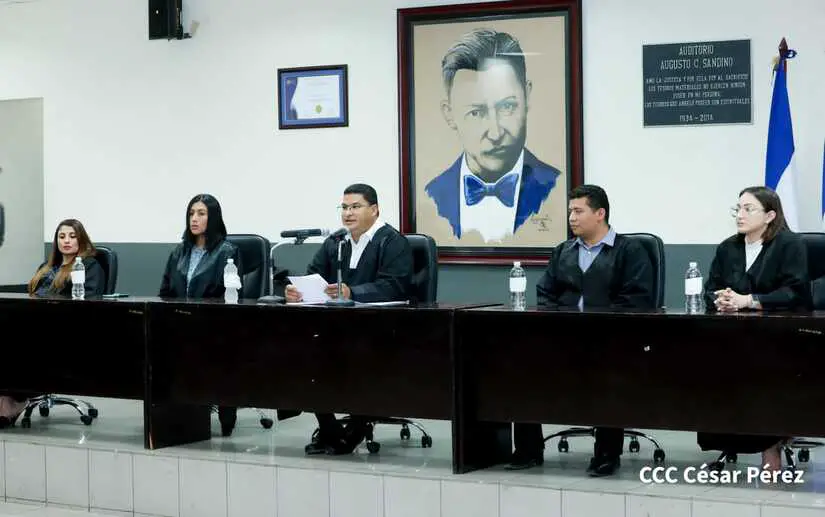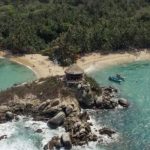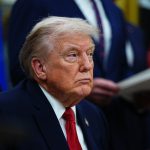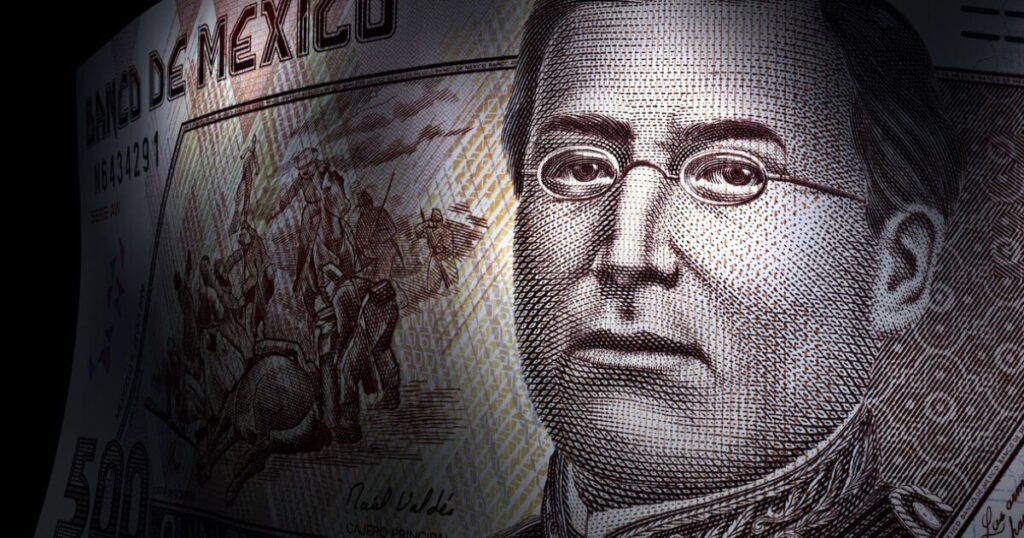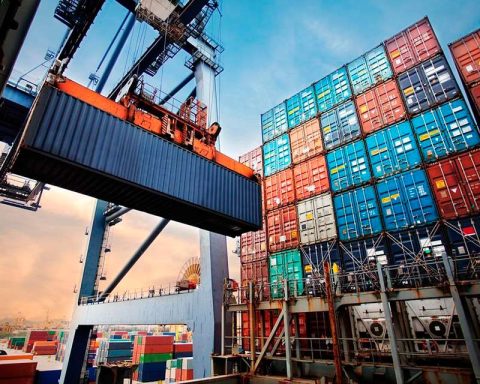The arbitrary deprivation of Nicaraguan nationality, dictated by the Daniel Ortega and Rosario Murillo dictatorship, against more than 300 people critical of his regime “violate international law”warned this Friday the UN Agency against Refugees (UNHCR).
“We ask Nicaragua to respect its international obligations, guarantee the right to nationality and take measures to prevent stateless persons.”said UNHCR.
The UN agency recalled that international law prohibits the arbitrary deprivation of nationality on political, religious, racial or ethnic grounds.
“The exercise of fundamental rights such as freedom of expression, assembly and others associated with political opinions can never justify the withdrawal of nationality”highlighted the agency headed by High Commissioner Filippo Grandi.
In the last eight days, 316 Nicaraguans were stripped of their nationality, among them Bishop Rolando Álvarez, the Auxiliary Bishop of Managua, Silvio Báez, who is in exile; the president of the Nicaraguan Center for Human Rights, Vilma Núñez; the writers Sergio Ramírez and Gioconda Belli. The list includes the director of CONFIDENTIALCarlos Fernando Chamorro, and his wife Desirée Elizondo.
These Nicaraguans declared stateless also include nine active journalists, activists, political prisoners, human rights defenders, businessmen, and people related to the Ortega regime who were also considered “traitors to the homeland.”
The first group whose nationality was annulled by the regime was 222 political prisoners who had been detained in prisons for several years and were exiled from the country on February 9. The second group was made up of 94 Nicaraguans, most of whom are in exile. They were declared “fugitives from justice.”
We are seriously concerned about the arbitrary deprivation of Nicaraguan nationality to more than 300 people.
Everyone has a right to citizenship.
Read the statement➡️ https://t.co/OaHO1vLh52 pic.twitter.com/424RsSlhjk
— UNHCR, the UN Refugee Agency (@UNHCRamericas) February 17, 2023
Dispossession of rights and assets
The 317 Nicaraguans who are now “stateless” were imposed accessory penalties of absolute and special disqualification from holding public office, holding public office on behalf of or at the service of the State of Nicaragua, as well as holding positions of popular election and the loss of their citizenship rights in perpetuity, respectively.
It also ordered “the immobilization and confiscation in favor of the State of Nicaragua of all real estate and companies that the defendants have registered in their favor, either in their personal capacity, or as a legal person or companies.”
Lawyers consulted by CONFIDENTIAL They point out that this decision “is a total aberration to the rule of law in Nicaragua.” “No one can be deprived of their rights, without a legal process in which all parties intervene and present their grounds,” said a lawyer who asked not to be named.
The resolution where they snatched the nationality of the last group of compatriots was read by the presiding magistrate of the Court of Appeals of the Managua Circumscription, Ernesto Rodríguez Mejía.
The Managua appeals magistrates explained that they made that decision based on the questioned “Special law that regulates the loss of Nicaraguan nationality”which was expeditiously approved last Thursday, as well as the Law for the Defense of People’s Rights to Independence, Sovereignty and Self-determination for Peace, published on December 22, 2020.
The judicial authorities notified the Ministry of Foreign Affairs, the Ministry of the Interior, and the Supreme Electoral Council of this ruling.
international convictions
The action of the Daniel Ortega regime has provoked a wave of international condemnation from governments and international human rights organizations. The last leaders to speak out on the matter were Gabriel Boric, in Chile, and Gustavo Petro, in Colombia, who have shown their rejection and “concern.”
A statement issued by the Colombian Foreign Ministry highlighted that “these measures violate the right to nationality, contemplated in a set of international legal instruments, including, among others, the Universal Declaration of Human Rights and the American Convention on Human Rights, a treaty of which Nicaragua is a State party.
*With information from EFE
